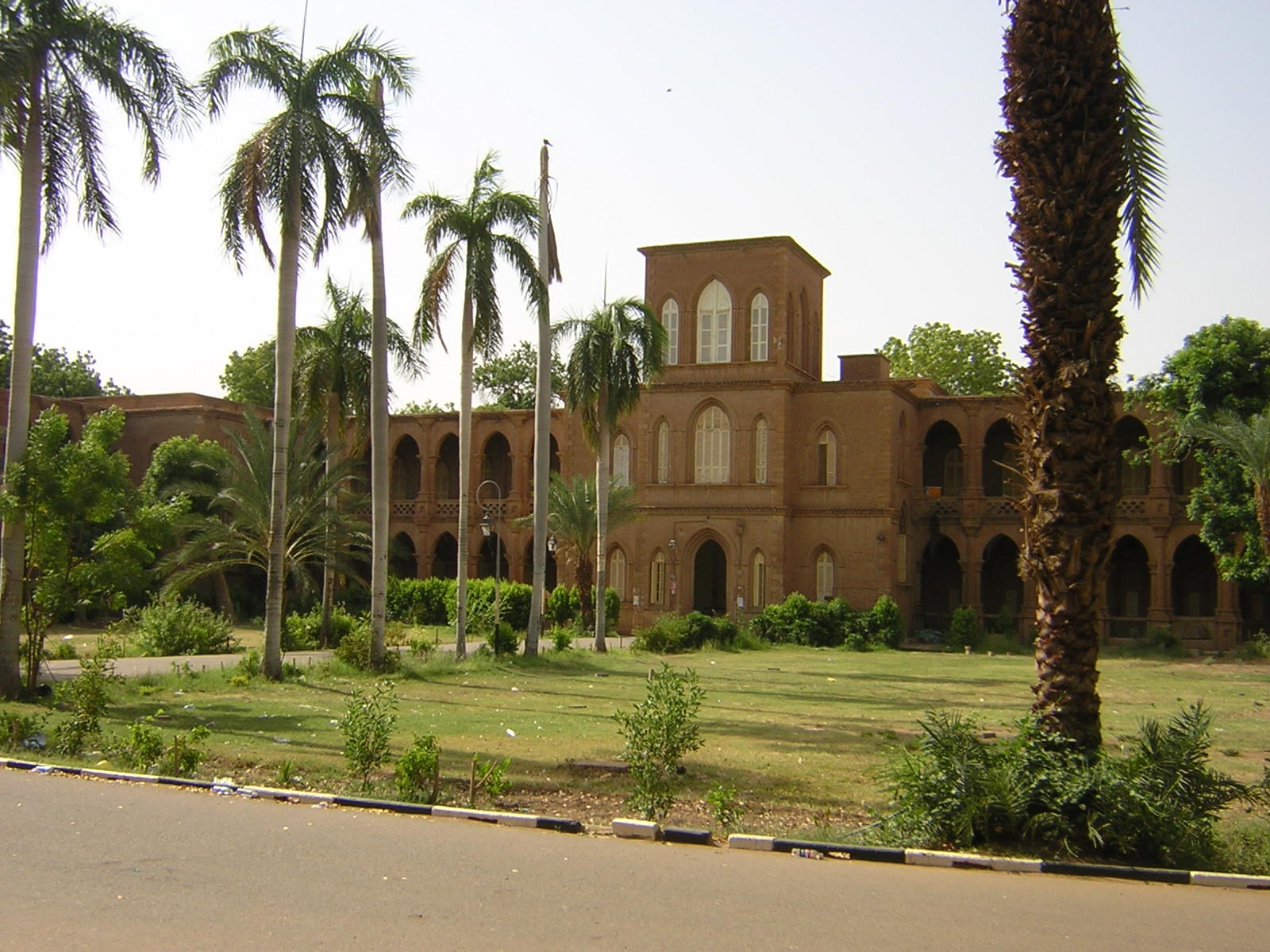In Sudan, a country still struggling with violent conflict in Darfur and two other states, almost 700 participants in a national dialogue process are finalizing recommendations after three months of vigorous and genuine discussion. But legacies of tension and division are hard to overcome. Key groups that must be involved for any resolution to be sustainable have not joined. Most concerning, the open debate exercised within the national dialogue does not extend outside the doors of Friendship Hall.

The hall, Khartoum's main conference center near the banks of the Nile, is playing host to intensive discussions on fundamental issues of identity, human rights, the economy, governance, foreign affairs and peace. President Omar al-Bashir initiated the process in 2014, and the conference convened in October 2015.
“Internal peace in countries like Sudan and South Sudan requires political transformation – a new, inclusive, responsible and accountable way of governance.” – Ambassador Princeton Lyman
In a visit this week with Ambassador Princeton Lyman, a special advisor at USIP, we sought to learn more about the prospects of the national dialogue; explore how it relates to other local dialogue initiatives and the peace talks on Darfur, Southern Kordofan and Blue Nile; and understand the ongoing challenges to securing an inclusive peace.
We saw first-hand the dedication and achievements of those who participated. As Ambassador Lyman said in a lecture afterwards at the Peace Research Institute at the University of Khartoum, “There is no doubt that the participants in the dialogue have been addressing very critical and sometimes very sensitive issues with vigor and earnestness. The results could be far-reaching.”
But it is not enough. The dialogue has not been sufficiently inclusive. Key armed groups and members of the political opposition declined to join the national dialogue, saying that the structure is dominated by the ruling National Congress Party. The government counters that more than 100 political parties and 30 armed groups have joined and that the invitation to the opposition remains open. But as the deliberations in Friendship Hall wind up in the coming days, a mechanism is needed to further broaden discussions about the future of the country.
Without an end to the wars, it is hard to imagine how the resolutions agreed to in the national dialogue could be implemented. Furthermore, throughout Sudan, civil society organizations are being denied registration or closed, non-violent activists are being detained with documented cases of mistreatment, political and civic leaders are being barred from traveling to meetings outside of the country and media outlets are being shut down. The government justifies these actions in the name of national security, but this limited political space runs directly contrary to the supposed purpose of the dialogue.
Test for the Government
In the coming months, the Sudanese government’s commitment will be put to the test. Will the recommendations be taken to the Sudanese people for a broader, more inclusive dialogue? Will negotiations to end the violent conflict make progress? Will the hundreds of recommendations from the national dialogue be implemented?
“I would suggest that at the heart of the problem is that there has not yet been a commitment to a real democratic transition, especially by the ruling authorities,” Ambassador Lyman said in his Feb. 9 speech, “The Missing Piece: Where is the Peace in the Comprehensive Peace Agreement?”
A former special envoy to Sudan and South Sudan, Ambassador Lyman assessed the challenges to building a lasting peace within Sudan and South Sudan and engaged in a vigorous discussion with the 30 university professors, civil society leaders, former political leaders and students who attended. Drawing on experiences from South Africa to South Korea, he argued that “internal peace in countries like Sudan and South Sudan requires political transformation – a new, inclusive, responsible and accountable way of governance.”
The issue of U.S. sanctions on Sudan was raised often during the visit. The United States has imposed penalties on the Sudanese government since 1997, including economic measures in 2007 “in response to the government’s continued complicity in violence occurring in the Darfur region,” according to the State Department.
Ambassador Lyman pointed out that sanctions are linked to the most critical challenges Sudan is confronting: Conflict, human rights, and political transformation. The national dialogue is addressing several of these, and the conclusions and follow-up implementation will be closely watched.
But as Ambassador Lyman pointed out in his speech, the national dialogue has to be linked to political negotiations that end the internal conflicts and support a transition to democratic governance. Moreover, civil society, the media and political activists have to be given space to exercise the rights and freedoms guaranteed by Sudan’s own constitution. And an agreement on humanitarian access to assist civilians impacted by violent conflict that resurged in Darfur in late 2015 and early 2016 and that continues in Southern Kordofan and Blue Nile states must be put into action. The issues of sanctions has to be seen in this context.
“In Sudan and South Sudan, despite years of intensive negotiation, multiple agreements, and the dedicated work of so many, peace remains not only elusive, but—in South Sudan and parts of Sudan— has been lost altogether,” Ambassador Lyman said. “Yet we cannot despair nor pull back from this work. Too many people are suffering, too much potential is being lost, too much danger exists of even greater loss of life that, if anything, we must intensify our work.”
Susan Stigant is USIP’s director of Africa programs.



